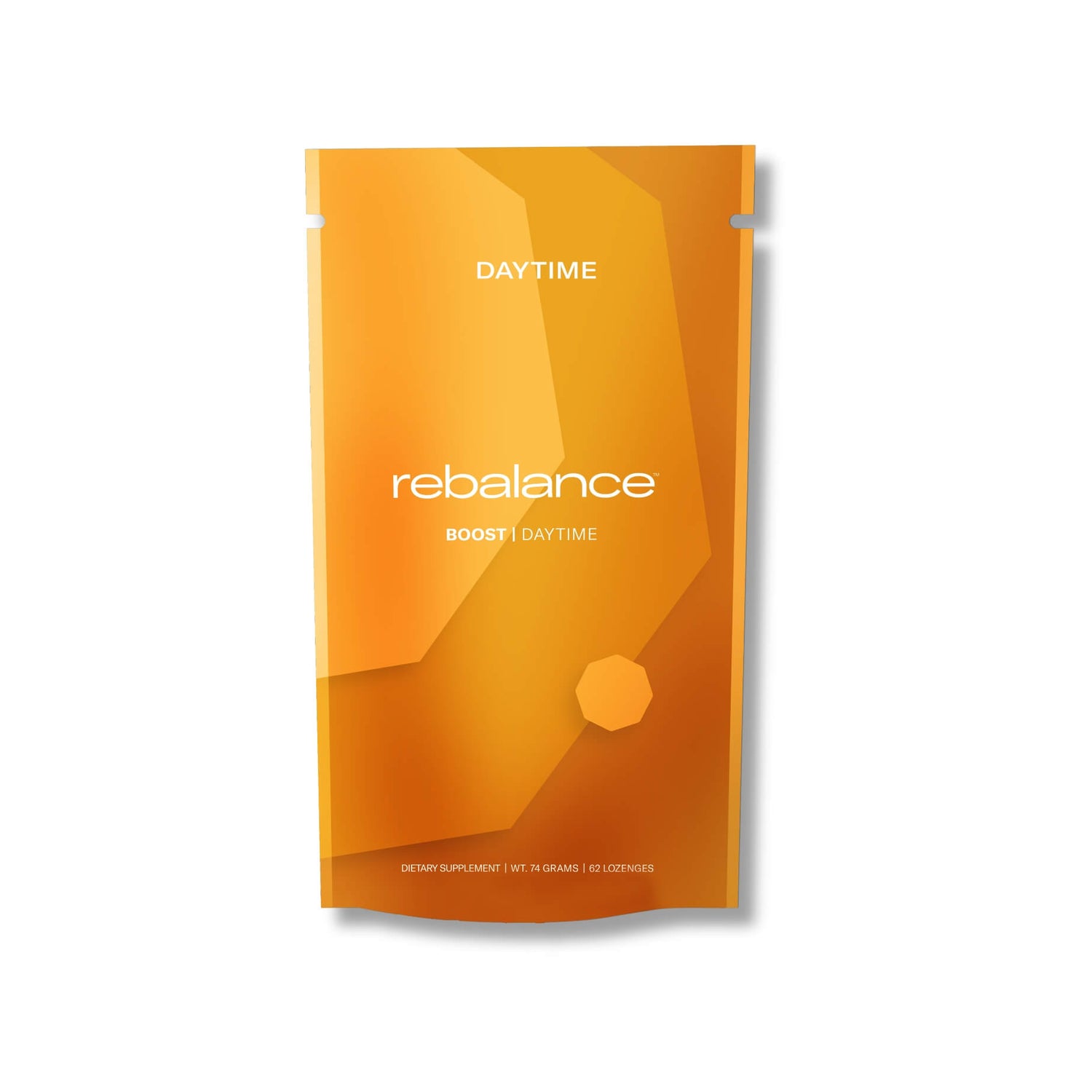Yes, midlife is a beautiful, empowering time — but it’s also when your hormones decide to play dodgeball with your peace of mind. And stress? Stress loves a good game.
Can Stress Really Make Menopause Worse?
Short answer: Yes. Long answer: Yeeeeessssssss (with study data to back it up).
Let’s break it down.
First, a refresher: What is menopause?
Menopause is officially defined as the 12-month mark after a woman’s final period. It usually hits between ages 45–52, depending on genetics, lifestyle, BMI, smoking history, and whether the universe is feeling particularly chaotic that year.
Before menopause is perimenopause, aka the hormone rollercoaster from Hell. Your estrogen and progesterone levels start fluctuating like a broken elevator, and with that come symptoms like:
-
Hot flashes and night sweats
-
Mood swings
-
Insomnia
-
Anxiety
-
Vaginal dryness (yay...)
-
Brain fog
-
Weight gain
-
And a near-mystical ability to forget why you walked into a room
Now enter: cortisol, the "stress hormone"
Cortisol is your body's fight-or-flight chemical, meant to help you outrun danger — like saber-toothed tigers. Or modern-day versions like inboxes, family drama, or a dropped Wi-Fi signal mid-Zoom call.
But in menopause? Estrogen, which usually helps regulate cortisol, is clocking out. So cortisol? It’s now the manager and the intern — overworked, unchecked, and throwing everything out of balance.
A study published in Menopause: The Journal of the North American Menopause Society found that women in late-stage menopause had significantly higher cortisol levels compared to premenopausal women. Translation: menopause doesn't just make stress feel worse — it actually amplifies your body’s stress response (especially at night) (Source).
But wait, can stress actually cause menopause?
This one's trickier.
Some studies — including a Korean cohort study and one from French researchers — suggest that chronic high stress might lead to earlier onset of menopause (Study 1, Study 2). It’s not conclusive, but there’s growing evidence that how you handle stress may influence how your reproductive hormones bow out.
That said, it’s not like one rough week at work is going to launch you into early menopause. But sustained stress? It can mess with your hormones enough to potentially speed things up.
So what does stress do to menopausal symptoms?
Here’s how stress is like throwing gasoline on the hormonal bonfire:
1. Hot Flashes
Feeling flustered during a tense moment? Stress increases heart rate and body temp — which can trigger or worsen hot flashes. So yes, that passive-aggressive email might literally make you sweat.
2. Mood Swings & Anxiety
Fluctuating estrogen already disrupts serotonin and dopamine — your brain's "happy chemicals." Toss stress into the mix, and you’ve got an emotional cocktail served shaken and stirred.
A 2013 study found that women in menopause were significantly more likely to experience depression and anxiety than their premenopausal counterparts (Source). Especially when sleep deprivation joins the party…
3. Insomnia
Night sweats are annoying. Stress-fueled 2 a.m. spirals about whether your dog is happy enough or if that thing you said at a party in 2009 was embarrassing? Also not helpful.
Sleep disturbances from menopause, mixed with stress-induced cortisol spikes at night, create a vicious cycle: bad sleep raises stress, stress ruins sleep, rinse and repeat.
4. Weight Gain & Digestion Issues
Cortisol encourages your body to store fat — especially around the belly (ugh). It also slows down digestion, which can lead to uncomfortable bloating and constipation.
5. Brain Fog
Ever tried to use your phone to unlock your car door? Same. Stress impacts short-term memory and focus. Combine that with declining estrogen and you’re left wondering if you’ve developed selective amnesia or just forgot to take your B vitamins again.
Managing Menopause Stress: A Practical Survival Guide
Now that we’ve agreed stress is basically menopause’s evil twin, let’s talk about what you can do.
1. Mindfulness and Meditation
No, you don’t have to become a monk. Even five minutes a day of focused breathing or body scans can help reduce cortisol levels. A 2023 UK health guideline even recommended mindfulness meditation to help ease menopause symptoms (The Times).
Bonus: you can meditate while hiding in the bathroom from your family.
2. Exercise (even a little bit)
Physical activity helps reduce cortisol, improves sleep, lifts mood, and balances blood sugar. Studies show women who exercise regularly experience fewer menopause symptoms overall.
Pro tip: Find something fun (Zumba, low-impact swimming, walking with podcasts) so it doesn’t feel like punishment.
3. Adaptogens & Supplements
Ashwagandha, rhodiola, and magnesium are the holy trinity of stress support. These can help calm the nervous system, regulate cortisol, and support sleep.
Also: certain formulas (like those in menomints™) combine adaptogens with mood-boosting nutrients for convenient, on-the-go relief. Think of it as a mint that moonlights as a stress-fighting sidekick.
4. Therapy or CBT
Cognitive Behavioral Therapy is a gold standard for managing anxiety and depression, especially during hormonal changes. It teaches you to spot thought traps and gently yell “not today, brain!”
Don’t want a therapist? Try CBT workbooks or a mood-boosting app.
5. Supportive Diet
Limit caffeine and sugar (I know, sorry). Boost magnesium, omega-3s, B vitamins, and antioxidant-rich foods. Think leafy greens, nuts, seeds, berries, salmon, and the occasional square of dark chocolate (yes, really — chocolate contains magnesium).
The Bottom Line: It's Not All in Your Head — It's in Your Hormones
Menopause is already a lot. Throw in chronic stress and it can feel like trying to do a trust fall with your own nervous system.
But you’re not stuck.
By understanding the science of stress and menopause — and arming yourself with tools to manage both — you can turn this midlife phase into one of strength, clarity, and (yes!) even joy.
Just remember: you’re not alone. And there’s zero shame in asking for support — whether it’s from your doctor, your best friend, or a little Rebalance mint with a PhD in stress relief.


